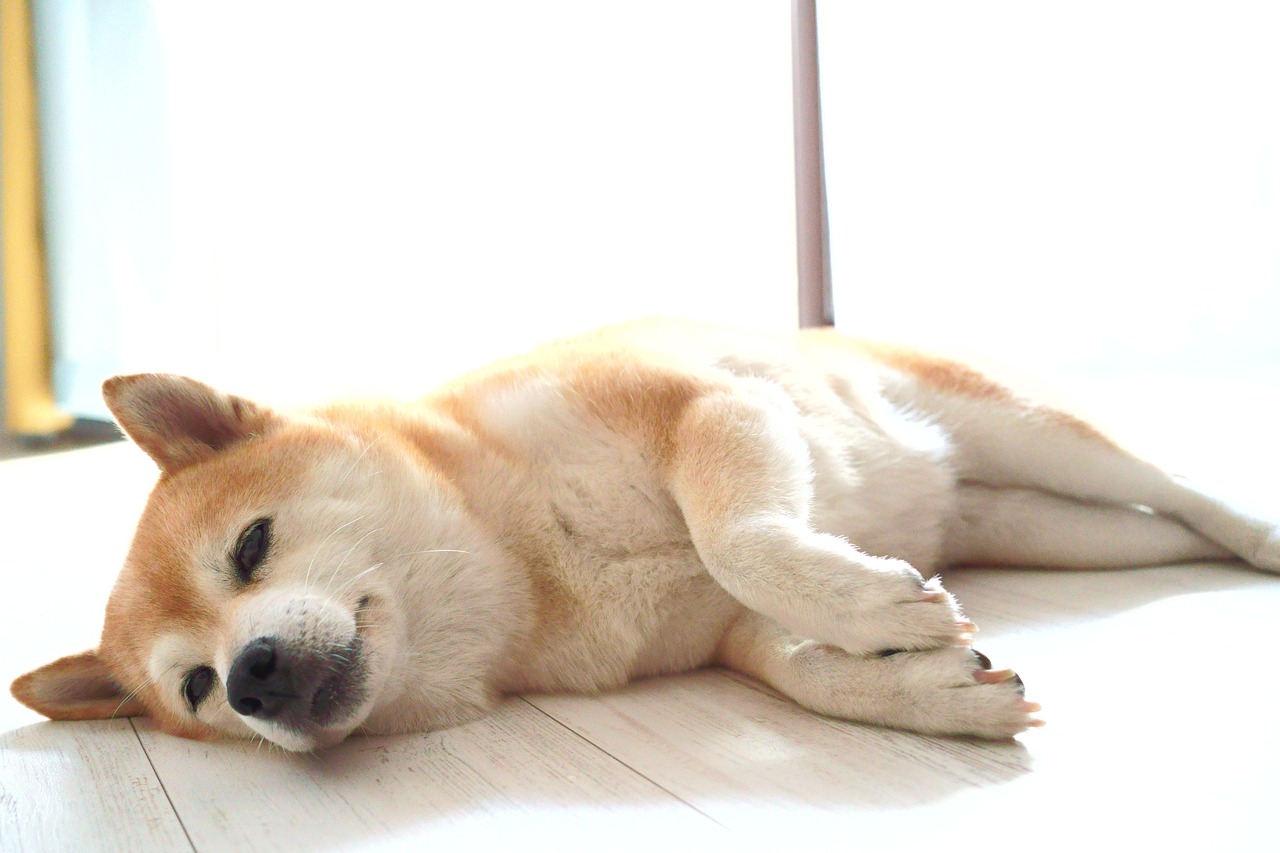The Shiba Inu, a small but spirited breed from Japan, has become increasingly popular worldwide. Known for their fox-like appearance and independent personality, many potential dog owners living in apartments wonder if a Shiba Inu can adapt to apartment living. This article explores the compatibility of Shiba Inus with apartment living, focusing on their temperament, space requirements, exercise needs, and other vital considerations.
1. Understanding the Shiba Inu’s Temperament
a. Independent Nature
Shiba Inus are known for their independent and sometimes aloof temperament. They are often described as cat-like in their behavior and can be reserved, especially around strangers. This independence means they can often entertain themselves, which can be advantageous in an apartment setting.
b. Intelligence and Training
Shiba Inus are intelligent dogs but can be stubborn, making training a challenge. Early and consistent training, along with positive reinforcement, is crucial to living harmoniously in an apartment. Their intelligence also means they require mental stimulation to prevent boredom.
2. Space Requirements for a Shiba Inu
a. Adaptability to Small Spaces
Shiba Inus are relatively small dogs, typically weighing between 15 to 24 pounds, making them well-suited for apartment living in terms of size. However, their energetic nature still requires sufficient space to move around and play.
b. Creating a Comfortable Environment
Ensuring your Shiba Inu has a comfortable and safe space in the apartment is essential. This includes a dedicated sleeping area, water access, and stimulation toys.
3. Exercise and Stimulation Needs
a. Physical Exercise Requirements
While Shiba Inus are not as high energy as some larger breeds, they still require regular exercise. Daily walks and play sessions are essential to keep them physically fit and prevent destructive behaviors that can arise from pent-up energy.
b. Mental Stimulation
Mental stimulation is as essential as physical exercise. Puzzle toys, training sessions, and interactive play can help keep their minds active, particularly in a confined apartment space.
4. Socialization and Behavior in Apartments
a. Importance of Early Socialization
Early socialization is vital for Shiba Inus, especially in an apartment. Exposure to different sights, sounds, and experiences is vital in helping them become well-adjusted adults. This includes meeting different people and other animals.
b. Behavior Management
Due to their independent nature, Shiba Inus can sometimes exhibit territorial behaviors. Training them to understand boundaries within the apartment and managing their interaction with visitors and other pets is important.
5. Grooming and Health in an Apartment Setting
a. Grooming Needs
Shiba Inus have a double coat that sheds heavily twice a year. Regular brushing is necessary to manage shedding, especially in an apartment where fur can accumulate quickly. Bathing should be done as needed, but not too frequently to avoid drying out their skin.
b. Health Considerations
Regular vet check-ups are essential to monitor their health. Shiba Inus are generally healthy, but they can be prone to certain genetic conditions, such as hip dysplasia and allergies. Being aware of these potential issues and maintaining a healthy lifestyle is essential.
6. Training and Handling Stubbornness
a. Effective Training Strategies
Training a Shiba Inu requires patience and consistency. They respond well to positive reinforcement techniques. Avoid harsh methods as they can be counterproductive. Crate training can also be beneficial, especially in managing their space in an apartment.
b. Handling Stubborn Behaviors
Stubbornness is a common trait in Shiba Inus. Establishing yourself as a leader through consistent and firm (but gentle) training is essential. Setting clear rules and boundaries is crucial.
7. Considerations for Apartment Dwellers
a. Noise Level
Shiba Inus are generally not excessive barkers, but they can be vocal. Training them to control their barking is important, especially in an apartment setting where noise can be an issue for neighbors.
b. Alone Time
Shiba Inus are more capable of handling alone time than some other breeds due to their independent nature. However, they should not be left alone for extended periods regularly as this can lead to separation anxiety or destructive behaviors.
Conclusion
Shiba Inus can live in an apartment, but it requires commitment and understanding from the owner. Recognizing their need for exercise, mental stimulation, and consistent training is vital. With the proper care and environment, a Shiba Inu can be a happy and well-adjusted apartment companion, bringing joy and a unique personality to your home.

 Toledo, United States.
Toledo, United States.
